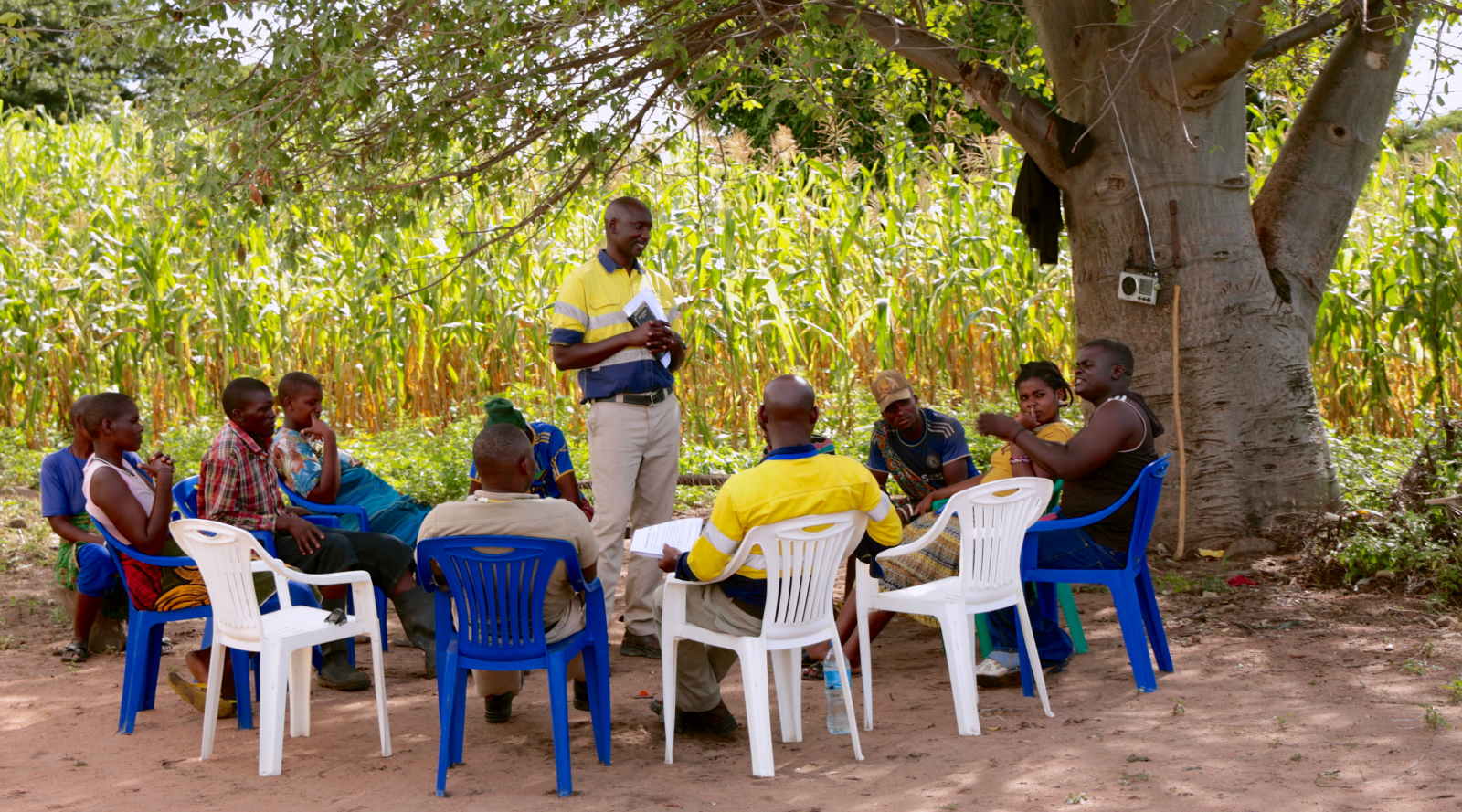
Community engagement is key to prevention. Photo credit: Shahir Chundra
SHARE
The U.S. Institute of Peace (USIP) engaged institutions and experts, including NDI Chairman Madeleine Albright, in a year-long listening process to prepare its strategy report, A New Approach to Preventing Violent Extremism. The publication has delivered a milestone learning moment for the foreign policy community. Its central conclusion is that the United States can no longer rely solely on counter-terrorism; it needs to also focus on state politics and governance. The U.S. and its allies have spent almost two decades focused on targeting the symptoms of violent extremism – terrorist activities – only to watch them grow “in terms of number, size, lethality and geographic reach.” By ignoring a root cause – mal-governance – or predatory, undemocratic regimes that exercise violence against their citizens to maintain elite-captured systems of corruption, the United States has been responding to cycles of violence, rather than rooting out and eradicating their causes.
NDI applauds this shift in thinking regarding what drives violent extremism. Secretary Albright, a member of USIP’s Task Force on Extremism in Fragile States, said that “preventing violent extremism is not just a development and security issue. At its essence, it is a democracy and governance challenge. We have to be prepared to deal with the consequences of extremism, but it would be smarter to get ahead and prevent it by emphasizing economic security, political opportunity and democratic governance.”
“Conflict trends in Sahélien African countries such as Burkina Faso, Mali and Niger, and in the Horn of Africa (notably Somalia) are a perfect illustration of the inter-connectivity of violent extremism, state fragility and absence of effective governance,” said Chris Fomunyoh, NDI’s senior associate and regional director for Africa. “Unless we tackle this fundamental weakness, killing a few bad guys here and there wouldn’t eradicate the phenomenon.”
Secretary Albright also underscored that “Partnerships with leaders and countries that share our democratic values are essential to preventing violent extremism.” NDI, along with the International Republican Institute (IRI), has decades of experience working with local partners committed to democracy and governance reform. The USIP task force recommends expanding the counter-terrorism response to violent extremism to include a vigorous prevention strategy that “supports local and national leaders seeking to strengthen state legitimacy.”
In Burkina Faso, Mali and Niger, NDI is undertaking programs to reinforce citizen resilience and strengthen state-citizen relations in vulnerable local communities. By establishing networks of community mediators to resolve local conflicts and address citizen alienation from the state, the programs are pushing back against the tools that violent extremists have used to gain traction. Recent research conducted by Lauren Van Metre, NDI’s senior advisor for peace and security and an advisor to the USIP study, has shown that heavy-handed security operations can strengthen community support for violent extremist politics. Thus, NDI helps establish negotiated confidence-building measures between communities and security forces to prevent the push to extremes.
As Scott Hubli, NDI’s director of governance explains: ”While there are multiple strategies for mitigating violent extremism, strengthening democratic checks and balances can help reign in abuse of power by the state, for example, by supporting democratic parliaments to serve as a meaningful check against corruption or abuse by the security sector.” NDI’s community participation programs help facilitate youth-government dialogues to help establish the all-important social contracts that prevent extremism. Political parties can be exclusionary and help capture political “rents”. NDI’s political party programs support the development of more inclusive, responsive and accountable political parties. According to Sef Ashiagbor, NDI’s senior advisor for political parties, the key is to “expand opportunities for citizens to participate in political processes (including through parties) and to create openings for citizens to hold their leaders accountable.”
The task force report emphasizes, “it is the timely demonstration of political will to listen and respond to citizens’ needs that gives societies their best chance to withstand extremism,” and the establishment of state legitimacy in the eyes of its citizens is the essence of NDI’s work. Governance organizations such as NDI and IRI are experienced and respected experts in this area and offer an important complement to the military solutions of counter-terrorism.


